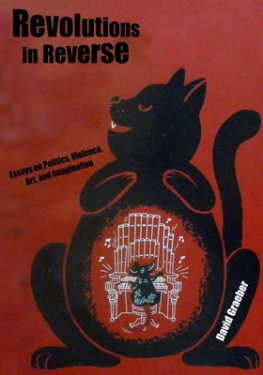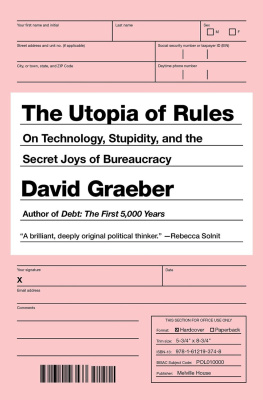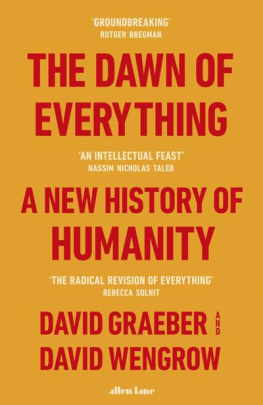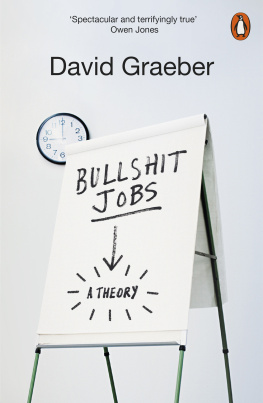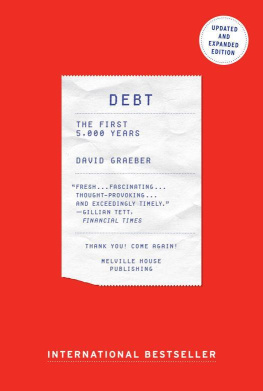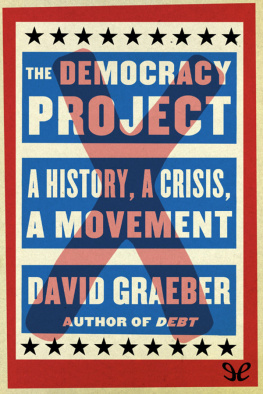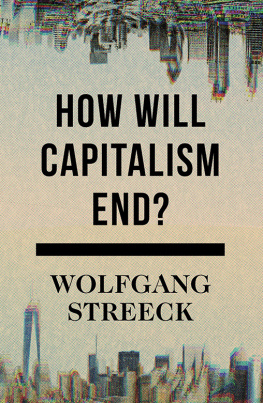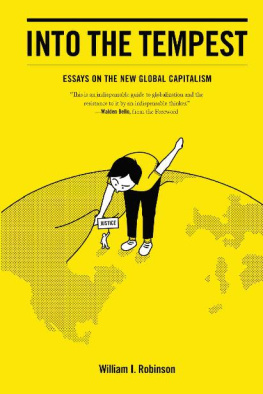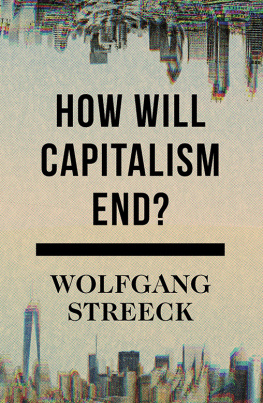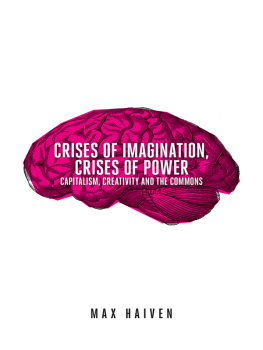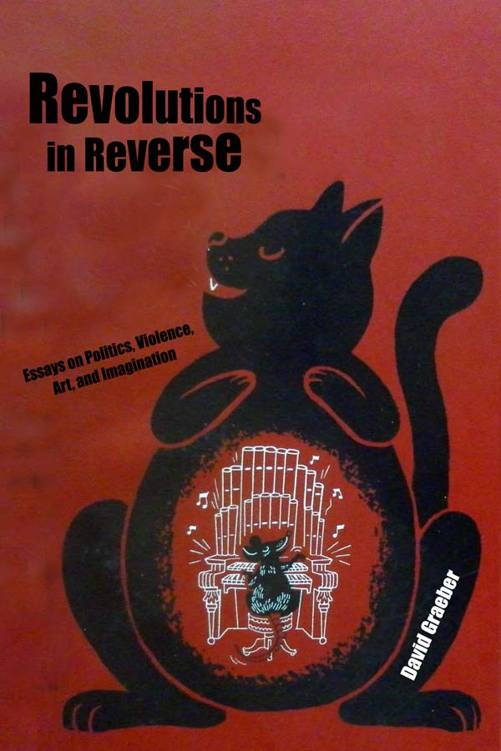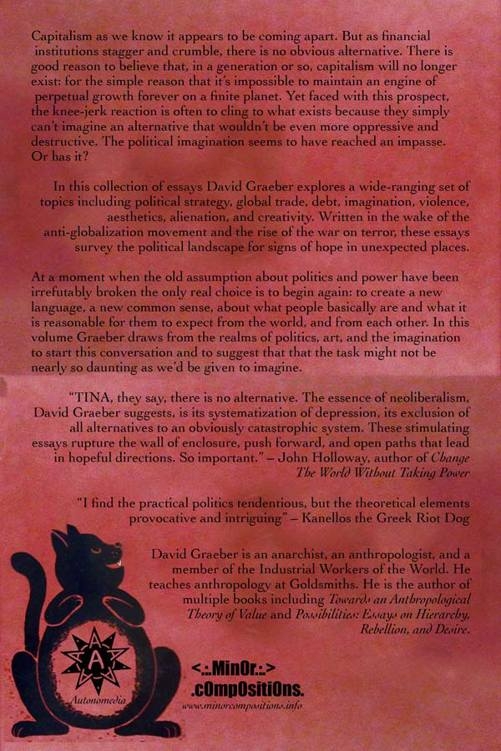Released by Minor Compositions, London / New York / Port WatsonMinor Compositions is a series of interventions & provocations drawing from autonomous politics, avant-garde aesthetics, and the revolutions of everyday life.
Minor Compositions is an imprint of Autonomediawww.minorcompositions.info | info@minorcompositions.info
Introduction
The editors have asked me, not unreasonably, to provide a brief introduction explaining how all these essays hang together. Its an interesting question because it wasnt my idea to combine them all in the same volume to begin with. Actually, the collection first came out in Greek, with the title , , ( Movement, Violence, Art and Revolution. Athens: Black Pepper Press, 2009), and they were assembled by their editor, and translator, Spyros Koyroyklis. When I first saw the volume on a visit to Greece in May of 2010 I thought the idea for the collection was inspired; it made a sort of intuitive sense to me; as did it, I was soon given to understand, to many in the movement in Greece itself, where many of the arguments found within were taken up by various anarchists, anti-authoritarians, and activists in the wake of the economic crisis and confusion that followed the heady days of December 2009.
So what is the unifying theme?
Its helpful, perhaps, to consider the context in which these essays were originally written. All of these essays were composed between 2004 and 2010. This was not an easy time for someone, like myself, actively engaged in social movements. Between roughly 1998 and 2002, the advent of the global justice movement had given all of us a sudden sense of almost endless possibility.
The wake of 9/11 threw everything into disarray. For many it was impossible to maintain the sense of enthusiasm that had kept us so alive in the years before; many burned out, gave up, emigrated, bickered, killed themselves, applied to graduate school, or withdrew into various other sorts of morbid desperation. For me, the point where I came closest to despair was in the immediate wake of the 2004 US elections, when the originally stolen presidency of George W. Bush was actually given what seemed like a genuine popular mandate. At first, in the immediate aftermath of 9/11, it seemed that we were looking at a repeat of something rather like World War I: the period from roughly 1880 to 1914 was after all quite similar to the decade and a piece that followed the fall of the Berlin War: a time where wars between major powers seemed to be a thing of the past, where the dominant powers embraced an ethos of free trade and free markets, of frenetic capital accumulation, but at the same time, an age of the rapid rise of global anticapitalist movements, accompanied by an ethos of revolutionary internationalism in which the anarchist movement seemed to define the vital center of the radical left. The rulers of the world ultimately panicked, and reacted by initiating a near-century of world war, allowing appeals to nationalism, state security, racism and jingoism of every kind of tear those (to it) terrifying alliances apart. It struck me, after 9/11, that they were trying the same trick again; it was as if, faced with even the prospect of an effective anticapitalist movement emerging globally, they immediately pulled out the biggest gun they had a declaration of permanent global war mobilization despite the fact that the enemy they had chosen, rag-tag band of Islamists who had, effectively, got extraordinarily lucky, pulling off one of the first mad terrorist schemes in history that had actually worked, and were clearly never going to repeat the performance could not possibly provide an adequate long-term excuse. It was never going to work. Yet somehow, the American public had passed a referendum on the project. Whats more, I watched in dismay how every attempt to revive an international spirit resistance around the G8, then G20, the Climate Conferences seemed to founder, or at least, reach a series of limited tactic victories that always seemed to hold out the promise of translating into a new burst of energy and of longer-term movement building (finally, we kept telling each other, were over the hump!), but which, in reality, never really did. In part, yes, it was because the level of repression or more precisely, what the police and other security forces felt they could get away with in dealing with us had dramatically increased. But that was by no means all of it. To the contrary, it was the enemys very disorganization that was our worst foil.
I especially remember when, in 2007, before the G-8 meetings in Japan, some Japanese friends asked me to put together a strategic analysis of the global situation from the perspective of capital, and the movements against it. I ended up working with a brilliant team, mainly drawn from people active in the Midnight Notes collective and we developed what I still consider a compelling analysis of the economic impasse faced by capital at that moment and the most plausible strategy to overcome it. (Essentially, we expected them to a declare of global ecological crisis, followed by a green capitalist strategy designed to divert resources like sovereign wealth funds beginning to slip away from the control of financial elites back under their control.) I still hold it was the best strategy they could have adopted from the perspective of the long-term viability of the capitalist order. Problem was: that clearly wasnt their priority. At the summits, all they did was bicker with one another. Whats the radical response to confusion? How on earth were we able to come up with a response to their evil plans if they couldnt even figure out what those were?
Of course in retrospect, its easier to see what was happening. Those bigwigs assembling at their various summits were probably more aware than we were that the entire system based on a very old-fashioned alliance of military and financial power typical of the latter days of capitalist empires was being held together with tape and string. They were less concerned to save the system, than to ensure that there remained no plausible alternative in anyones mind so that, when the moment of collapse did come, they would be the only ones offering solutions. Not that since the great financial collapse of 2008, solutions have been particularly forthcoming. But at least there is no way to deny now that a fundamental problem does exist. The order that existed between 2004 and 2008
even if it has managed to achieve a kind of grudging acquiescence in critical quarters of the world is never coming back. It simply wasnt viable.
These essays then are the product of a confused interregnum. It was a time when it was very difficult to find signs of hope. If there is a single theme in this collection of essays, then, it is that they all start out from some aspect of the period that seems particularly bleak, depressing, what appeared to be some failure, stumbling block, countervailing force, foolishness of the global anticapitalist movement, and to try to recuperate something, some hidden aspect we usually dont notice, some angle from which the same apparently desolate landscape might look entirely different.

